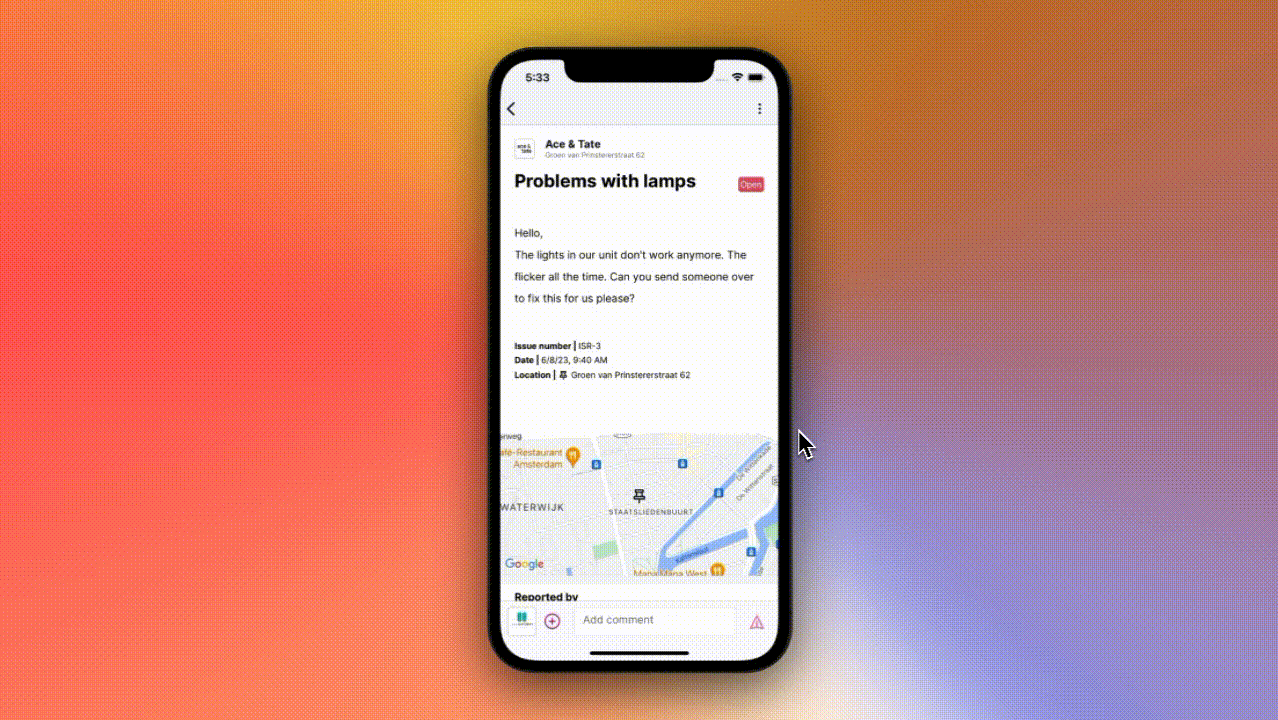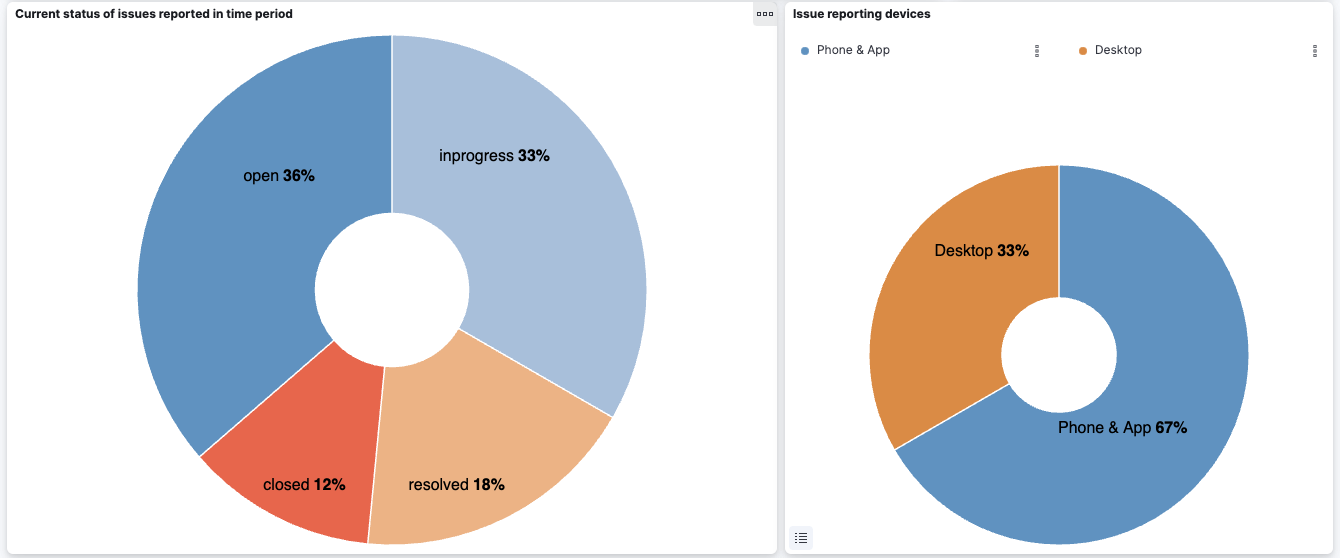Picture this: You’re a tenant, relaxing in your new apartment. All of a sudden, water starts leaking from beneath your kitchen sink. You don’t know what to do, who to call, or how to deal with the situation.
This scenario is fatal for a positive tenant experience. It also highlights the importance of good infrastructure and preventative maintenance.
But even then, things can go wrong. That’s just a part of life. For when they do, having a robust and user friendly property management ticketing system in place is absolutely crucial.
There are a dizzying number of solutions out there. You need to ask yourself some important questions to separate the good from the great. In this blog, we lay out a few.
1. Is it easy to use?
Usability is a key factor for any ticketing system. A system may have powerful features, but they are ineffective if users can't navigate them easily.
A user-friendly property management system should cater to both managers and tenants. Tenants need to describe issues, report their locations, assign appropriate categories, and track the resolution process, including who is assigned and the current status.
They should also be able to communicate with service providers for additional questions or information.
Managers should find the system straightforward for assigning tasks, tracking issue statuses, and coordinating with stakeholders.

For example, a system like Chainels Issue Reporting allows for easy categorization of work orders by status (e.g., In Progress, Resolved, Closed).
This provides a clear overview of ongoing and completed tasks, reducing inefficiencies caused by confusion or mismanagement.
2. Does it facilitate smooth communication between stakeholders?
Efficient communication is a no-brainer when it comes to problem solving for maintenance issues. A good property management ticketing system should have built-in capabilities for real-time communication among all stakeholders.

For example, the Chainels Issue Reporting module allows community managers, maintenance workers, and service providers to communicate within the system without the reporter seeing the internal discussions.
This focused communication helps teams resolve issues without the need to sift through multiple messages and emails.
3. Can it integrate with my existing ERP system?
Integration with your existing ERP system can significantly enhance your maintenance ticketing process by connecting it with your broader tech ecosystem.
For instance, Chainels integrates with ERP systems like REMS by Aereon, allowing managers to synchronise tickets in real-time or batch mode.
This integration supports the creation, update, and closure of tickets across systems, ensuring actions in the ERP system are reflected in Chainels and vice versa.
Automated processes can also store ERP files in the corresponding member folders in Chainels, streamlining data management.
4. What reporting capabilities does the system have?
Robust reporting capabilities are essential to analyse work order data, identify recurring issues, trends, and areas for improvement.
A good ticketing system should help track key performance indicators (KPIs) such as the number of issues resolved or pending, average first response time, and average resolution time.
For example, Chainels’s Statistics module allows managers to track these KPIs, helping identify service gaps and optimise operations for better tenant experiences.

5. What do other customers say about the system?
Customer feedback provides valuable insights into the effectiveness of a ticketing system. Positive testimonials and case studies can highlight the system's impact on improving processes and communication.
For instance, Fuzer by Amvest reported significant process improvements after adopting Chainels.
“Now a tenant can simply ask a community manager in the app about the status of a particular issue and the community manager look it up. Communication has improved around complaints and repair requests.” says Karin van der Ven, Directorat Fuzer
Implementing Chainels also brought speed and efficiency to SCC's maintenance reporting processes, reducing reliance on scattered channels like email and paper forms.
“When teams encounter an issue, they can promptly notify the maintenance team through our platform.” says marketing manager Virginie Slota. “This allows the maintenance team to promptly address the concern and respond swiftly. This streamlined process significantly speeds up and simplifies the resolution.”
Get informed, get it right.
When choosing a property management ticketing system, focusing on usability, communication, integration, reporting, and customer feedback ensures you select a system that enhances efficiency and satisfaction for all parties involved.
